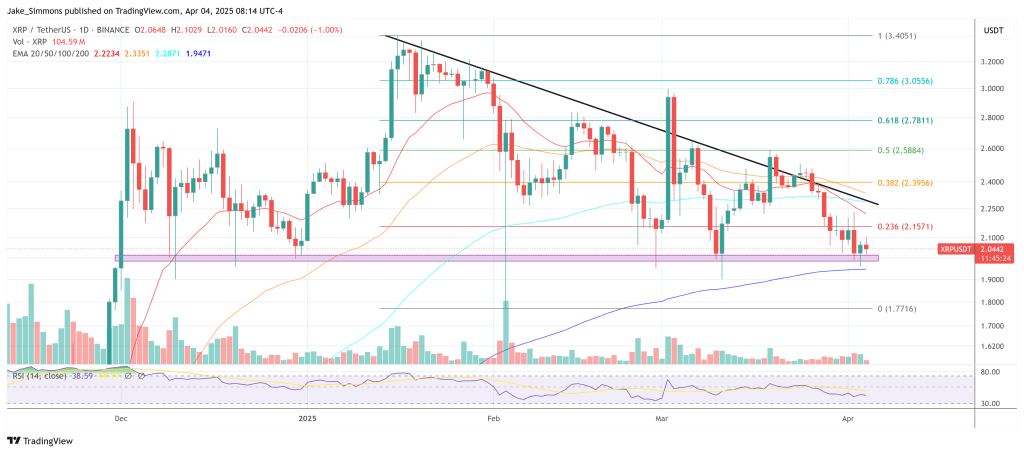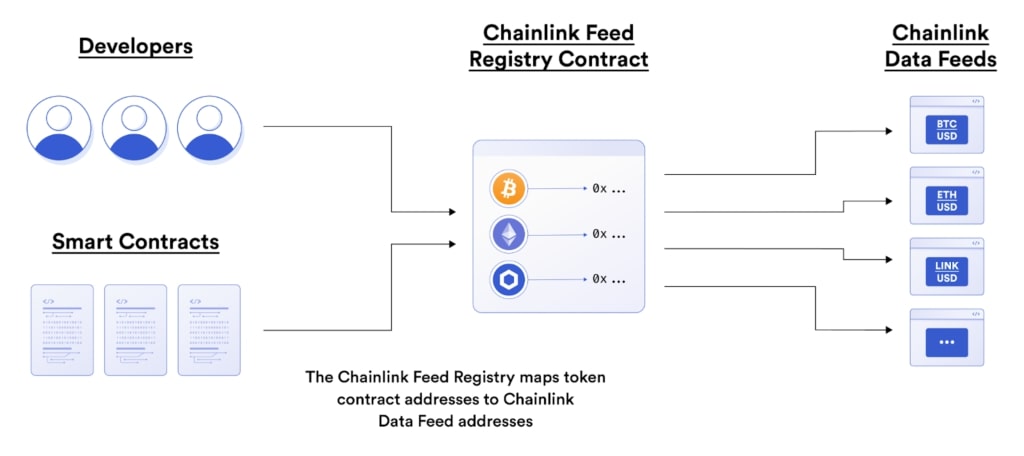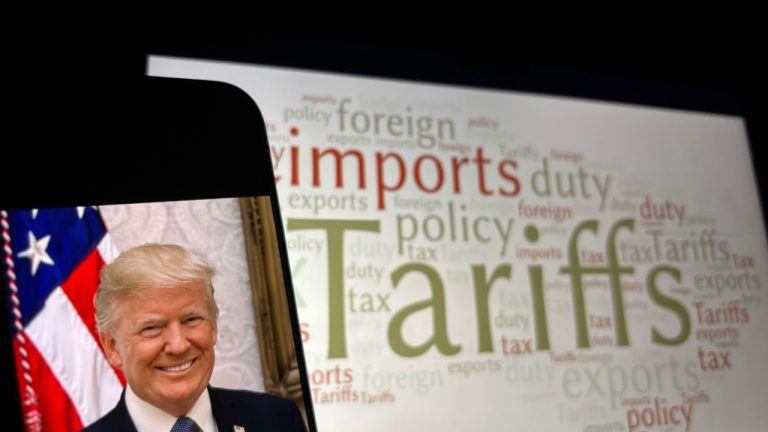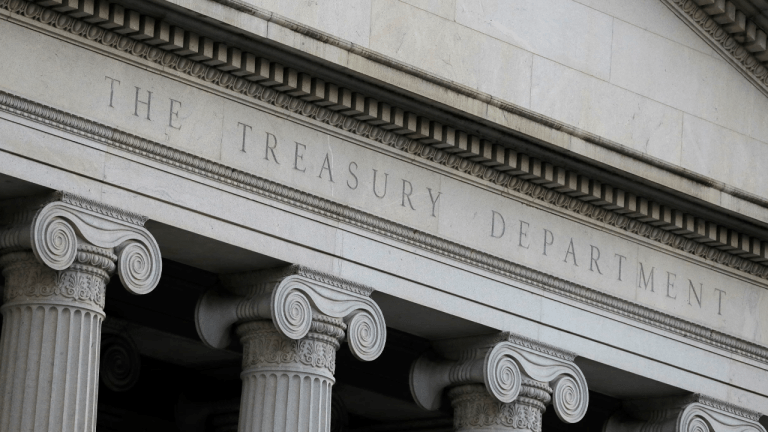
The Bank of England's deputy governor has argued that, with the possible rise of non-bank actors issuing currency, public money in digital form could serve as a crucial anchor for confidence in money as a social convention.
The Bank of England's deputy governor Jon Cunliffe has argued that a sea change in the issuance and circulation of public and private monies could make general access to a digital form of central bank money crucial for ensuring financial stability in future.
In a speech at the OMFIF Digital Money Institute in London, Cunliffe reflected on past, present and future trends in the widespread use of private money issued by commercial banks, noting that the COVID-19 pandemic has accelerated existing trends away from public to private money for everyday payments.
About 70% of respondents to a recent Bank of England survey indicated they are using less cash than before the pandemic, typically turning to options such as contactless payments and internet transactions.
Whilst this shift away from public money in the form of cash towards private, commercial bank money continues to accelerate, Cunliffe predicted that newer technologies are likely to spark an equally significant change in the use and even concept of money, with potential implications for its resilience as a social convention.
Tokenization and distributed ledger technologies, particularly when deployed by non-bank, Big Tech actors, are likely to provide the public with more flexible, data-driven forms of money that offer new functionalities in the digital world, he noted.
With the advent of new phenomena such as stablecoins, programmable money, smart contracts and micro-payment channels, Cunfliffe said that central banks are already grappling with key questions about how to adapt existing regulatory frameworks that are currently designed for commercial bank money circulation.
These technology-driven changes, for Cunliffe, also pose the question as to whether central banks should risk allowing publicly available state money to decline further, or even disappear altogether.
Without anticipating the Bank of England's forthcoming published study of these challenges, Cunliffe argued that new forms of private money likely make a strong case for the introduction of a public digital money (e.g., a central bank digital currency, or CBDC) in order to anchor public confidence in the uniformity of money; in other words, confidence in the substitutability of all monies in the national economy.
Preserving access to physical cash, as the Bank of England has already committed to do, will probably not be sufficient, he argued. “It looks probable in the UK that if we want to retain public money capable of general use and available to citizens, the state will need to issue public digital money that can meet the needs of modern day life,” he said.
Cunliffe further noted that, particularly in times of systemic stress, the “perception that there is no route out of private money, that there is no access to safe liquid assets backed by the state, could undermine confidence.” A CBDC, from this perspective, would be crucial to ensuring financial stability nationwide.
In November 2020, Cunliffe had already said that the central bank will need to adapt to changes in bank business models and manage the financial and macro-economic consequences these changes represent.

You can get bonuses upto $100 FREE BONUS when you:
💰 Install these recommended apps:
💲 SocialGood - 100% Crypto Back on Everyday Shopping
💲 xPortal - The DeFi For The Next Billion
💲 CryptoTab Browser - Lightweight, fast, and ready to mine!
💰 Register on these recommended exchanges:
🟡 Binance🟡 Bitfinex🟡 Bitmart🟡 Bittrex🟡 Bitget
🟡 CoinEx🟡 Crypto.com🟡 Gate.io🟡 Huobi🟡 Kucoin.



















Comments